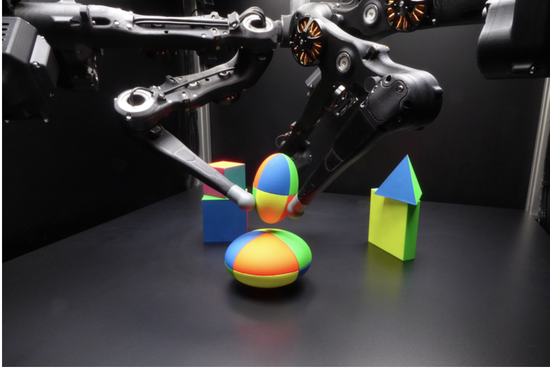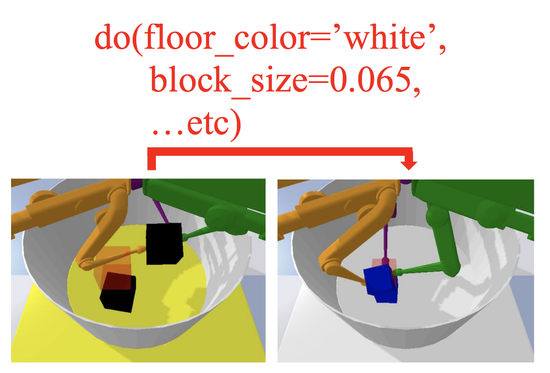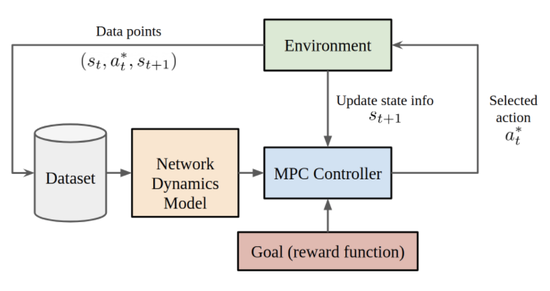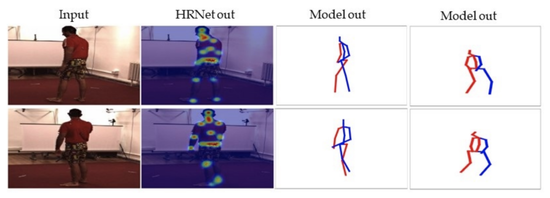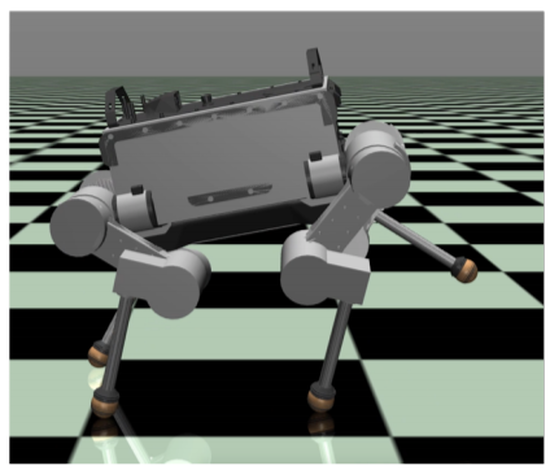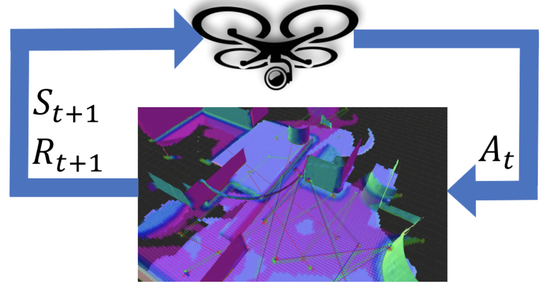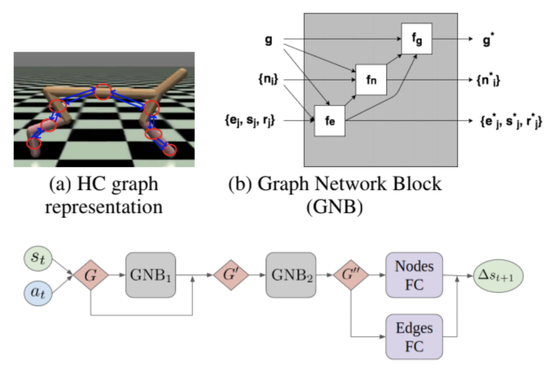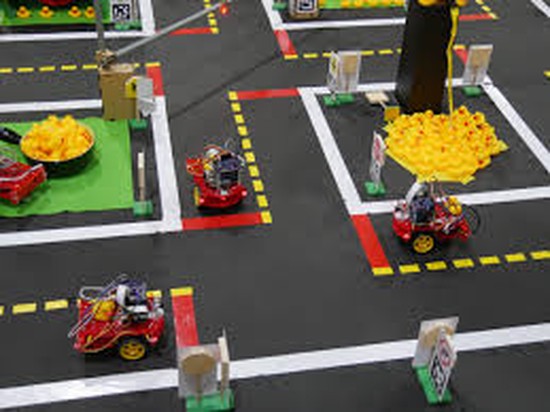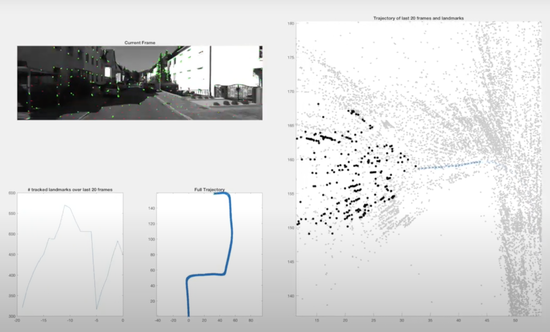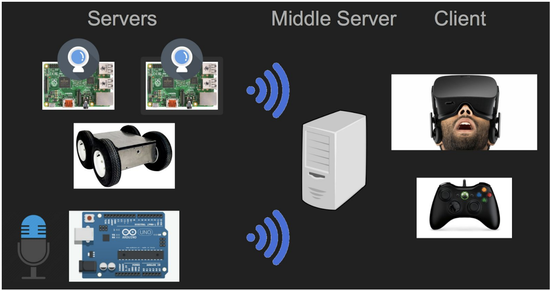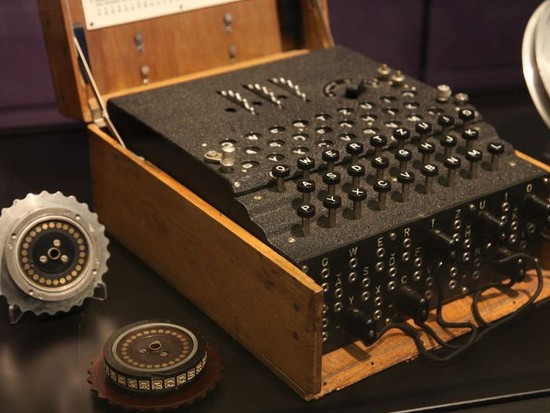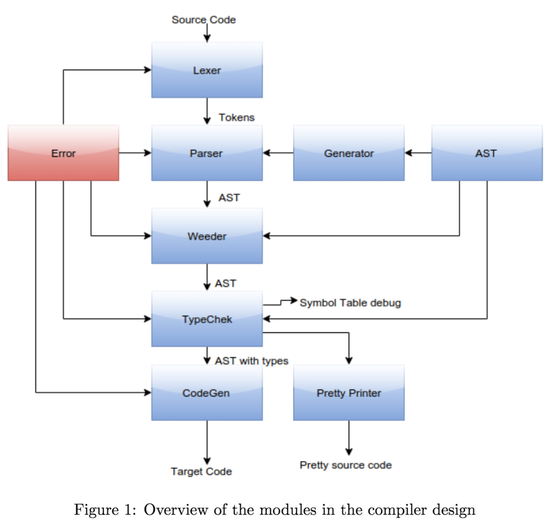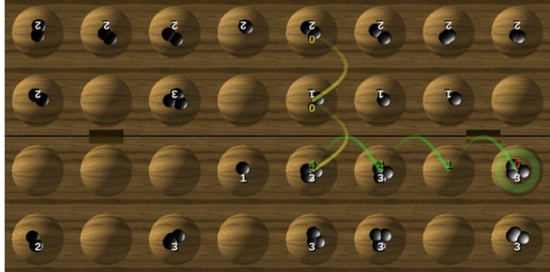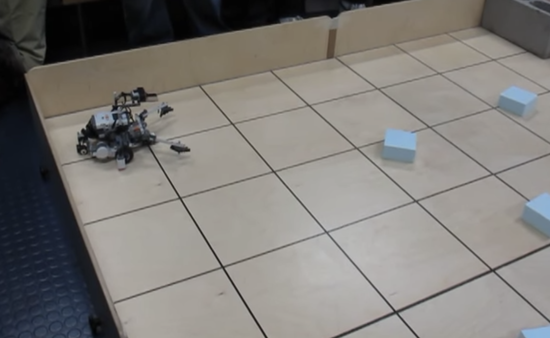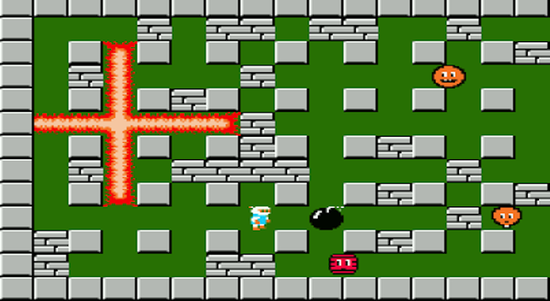Ossama Ahmed
Senior Robotics Research Engineer
Nvidia
About Me
I am currently a Senior Robotics Research Engineer at Nvidia. I am interested in all topics surrounding Machine Learning, Perception and Robotics. Previously I obtained a MSc in Robotics, Systems and Controls at ETH Zurich; and before that I worked at Qualcomm with the SNPE SDK team after finishing my undergrad in Software Engineering at McGill.
Interests
- Machine Learning
- Reinforcement Learning
- Robotics
- Sim2Real
- Motion Planning
- Perception
- Transfer Learning
Education
-
MSc in Robotics, Systems and Control, 2020
ETH Zürich
-
BEng in Software Engineering, 2016
McGill University
